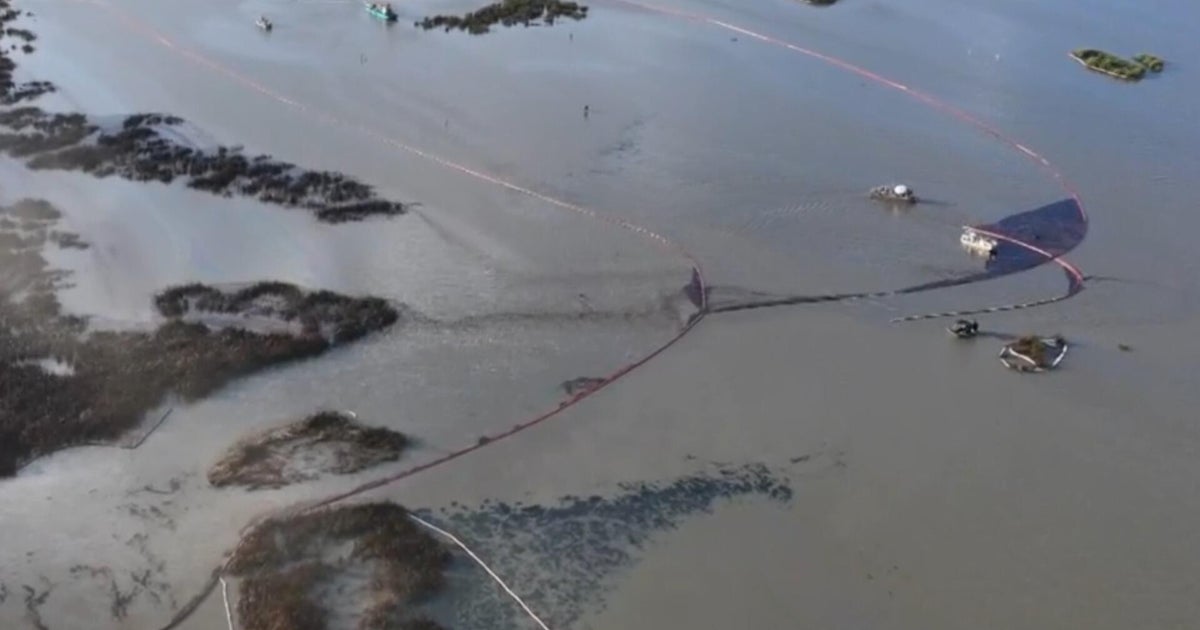The recent cuts in the Department of Gulf Environmental Operations (DOGE) are drawing severe criticism in the wake of a major oil spill along Louisiana’s Gulf Coast. These cuts, according to several former federal disaster response specialists and multiple national environmental organizations, may significantly impair the department’s ability to effectively manage and mitigate the environmental disaster.
The oil spill, occurred earlier this week, is already causing extensive damage as the oil rapidly contaminates the surrounding marshlands—a critical ecosystem that supports a diverse range of wildlife and is integral to local fisheries. The growth of the spill and its impacts are alarming to environmentalists and the local communities that rely on these natural resources.
Former federal disaster response specialists, who have previously managed responses to similar environmental crises, argue that staff reductions at DOGE could not have come at a worse time. These specialists suggest that an effective response to such a disaster requires a variety of resources, including manpower that is now significantly diminished. The reduction in personnel means fewer experts to coordinate cleanup efforts, monitor environmental recovery, and implement strategies to prevent future incidents.
These concerns are echoed by national environmental groups, who point out that the capacity to respond to environmental disasters is dependent not only on protocols and tools but also largely on the human expertise and hands-on management. These groups argue that the expertise lost due to job cuts could delay the cleanup process, hence exacerbating the environmental damage and extending the time it takes for the local ecosystem and economy to recover.
The oil spill threatens significant environmental and economic repercussions. The affected marshlands serve as crucial breeding and feeding grounds for many species, including several that are commercially and recreationally important. The contamination of these areas not only poses immediate threats to wildlife but also affects fishing industries, which are central to the local economy. Thus, the inability of DOGE to swiftly and effectively address the spill could have long-term detrimental effects on both the ecosystem and the livelihoods of local communities.
Moreover, experts are particularly concerned about the potential long-term environmental impacts that could arise from a slow or mismanaged response. There are fears that the spill will reduce biodiversity in the area, disrupt natural habitats, and potentially lead to significant fish and wildlife deaths, which would take years to overcome. Furthermore, the presence of oil in the water can lead to numerous health problems for the species that inhabit these waters, eventually impacting the entire food chain.
The backlash over the DOGE staffing cuts includes calls for increased investment in environmental protection agencies and their resources. Advocates demand that federal and state officials recognize the importance of maintaining a robust workforce capable of addressing such environmental emergencies efficiently. They highlight that effective disaster management saves not only the environment but also economizes resources by preventing worse outcomes that demand even greater expenditures.
Environmental organizations are also urging for more proactive measures in regulation and oversight of industries that pose potential risks to the environment. They believe that with stringent monitoring and stronger penalties for environmental violations, the likelihood of such disasters could be significantly reduced. They call for a partnership between government, industry, stakeholders, and the community to forge a path toward sustainable practices that ensure economic activity does not come at the expense of the environment.
Public response to the spill and the perceived inadequacy of DOGE’s current capabilities to handle the situation has been one of frustration and anxiety. Local communities, particularly those directly dependent on natural resources affected by the spill, express a lack of faith in the response efforts so far. They are deeply concerned about the immediate impacts on their health, way of life, and economic future.
Journalists like Kati Weis are continually monitoring the situation, providing updates and investigative reports on the spill’s impacts and the response efforts. Their reporting plays a crucial role in maintaining transparency about the developments and holding responsible parties and authorities accountable.
As the situation continues to evolve, many eyes remain fixed on DOGE’s actions and the broader implications of the environmental staffing cuts. The overarching hope is that this incident serves as a catalyst for reevaluating priorities and resources dedicated towards protecting the environment and preventing similar disasters in the future. Meanwhile, as the oil continues its spread through Louisiana’s marshlands, the urgent need for an effective response grows ever more apparent, underscoring the critical role of preparedness and rapid action in environmental protection efforts.









